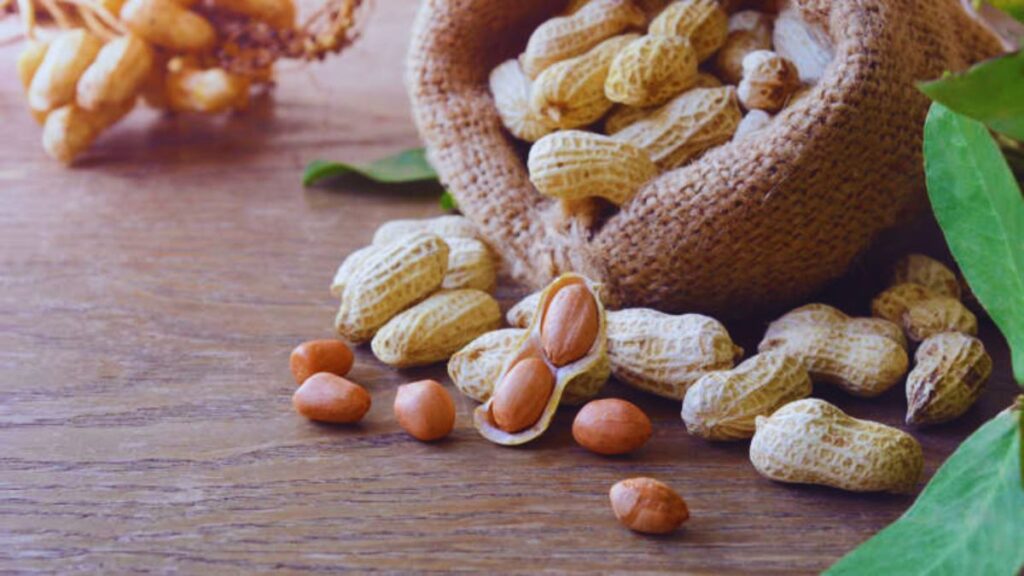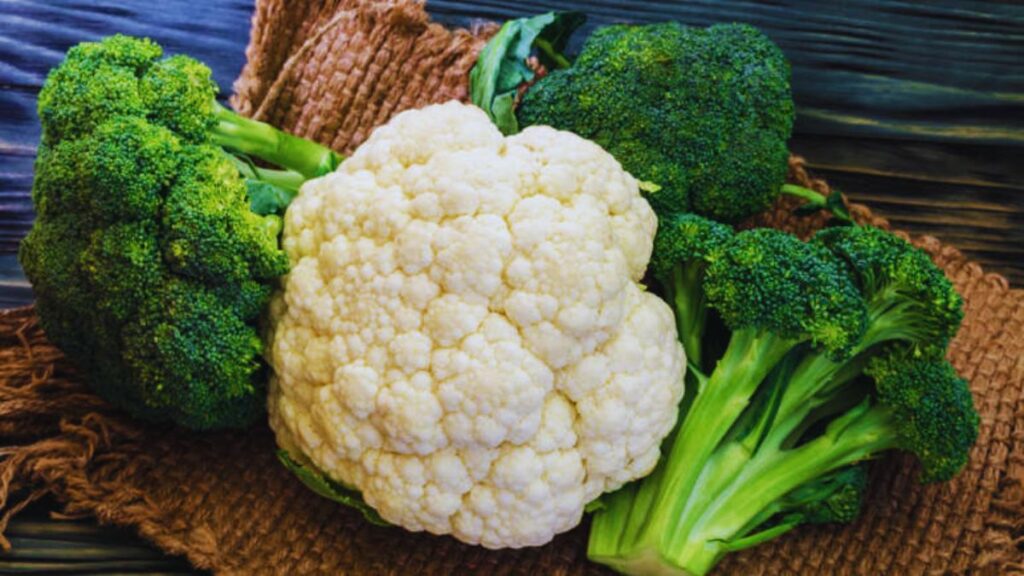Thyroid disorders – whether hypothyroidism, hyperthyroidism, or autoimmune conditions affect millions of people around the world.
Yet many individuals don’t realize that daily eating habits play a significant role in how well the thyroid functions. Although no single food can cause thyroid disease, certain items can interfere with hormone production, medication absorption, or iodine uptake – which ultimately can affect your energy levels, metabolism, and overall well-being. A balanced diet remains essential, but being aware of the food challenges and making mindful choices can help support smoother thyroid function.
Below are six common foods thyroid patients should watch out for, along with healthier alternatives and practical tips.
1. White Bread
White bread can be problematic for individuals with thyroid concerns. Made from refined flour, it contains very little fiber or essential nutrients. As a result, consuming this can cause rapid spikes in blood sugar, putting unnecessary stress on a slow metabolism—an issue common in hypothyroidism.
Additionally, many commercial white breads contain preservatives, conditioners, and additives that may impact digestion and overall gut health. Since gut inflammation is closely linked to autoimmune thyroid issues, this can become an indirect cause.
Better Options
- Whole-grain bread
- Millet-based or multigrain bread
- Gluten-free varieties (Almond-flour/banana-flour)
Gluten, in particular, may worsen symptoms for people with autoimmune thyroid disease, so choosing gluten-free alternatives may reduce inflammation for some individuals.

2. Potato Chips
Potato chips are a quick and tempting snack, but they’re far from thyroid friendly. While many assume iodized salt is the key concern, the real issue lies in the refined oils and trans fats used in most commercial chips.
These unhealthy fats can:
- Interfere with iodine absorption, a mineral necessary for thyroid hormone production
- Increase the inflammation, which can worsen autoimmune thyroid symptoms
- Contribute to weight gain, further slowing an already impaired metabolism
Frequent consumption of chips also spikes calories without providing nutrition, which can worsen fatigue and metabolic slowdown associated with thyroid disorders.

Better Options
- Baked sweet potato chips
- Homemade roasted snacks
- Nuts and seeds (in moderation)
3. Peanuts
While peanuts are rich in protein, they contain compounds that may hamper thyroid hormone production by affecting the iodine quantity in the gland.
For individuals on thyroid medication, high intake of peanuts or peanut butter may reduce the gland’s efficiency over time. This doesn’t mean peanuts must be eliminated entirely – occasional consumption is generally safe – but eating them daily or in large amounts isn’t recommended.
Better Options
- Almonds
- Walnuts
- Cashews

4. Cruciferous Vegetables
Cruciferous vegetables, such as broccoli, cabbage, kale, cauliflower, and Brussels sprouts, are packed with vitamins and antioxidants. However, when consumed raw or in excessive quantities, they can pose a challenge for thyroid patients. These vegetables contain compounds that compete with iodine in the thyroid gland.
Important Note: Cooking Helps
Cooking methods such as:
- Steaming
- Sautéing
- Boiling
- Roasting
There’s no need to avoid cruciferous vegetables completely. Simply cook them thoroughly and avoid consuming them in large quantities daily.

5. Coffee
For many, coffee is the first thing they reach for in the morning. But for thyroid patients, timing matters more than the drink itself.
Studies show that drinking coffee too soon after taking thyroid medication can dramatically reduce the body’s ability to absorb the hormone. Caffeine also increases cortisol, the stress hormone, which may exacerbate symptoms like fatigue, anxiety, or palpitations.
Best Practice
- Wait 30–45 minutes after taking thyroid medication before consuming coffee
- Consider herbal teas like chamomile, peppermint, tulsi, or rooibos as gentler alternatives
- If caffeine causes jitteriness or worsens symptoms, switch to decaf or low-caffeine beverages

6. Tofu and Soy Products
Soy-based foods, especially tofu, soy milk, and edamame have compounds that can potentially affect thyroid hormone production. They may also interfere with the absorption of synthetic thyroid hormones when consumed too close to medication time. This does not mean thyroid patients must avoid soy entirely. Moderate consumption is generally safe when spaced several hours away from medication.
Best Practice
- Avoid eating soy within 3–4 hours of thyroid medication
- Opt for fermented soy products like tempeh or miso, which may be easier to digest

Managing thyroid health is not only about medication—it’s also about supporting the body with the right foods. While none of these foods must be eliminated completely, being mindful of portion size, timing, and preparation methods can make a noticeable difference in how well thyroid hormones function.
A diet rich in lean proteins, fruits and vegetables, Omega-3–rich foods, whole grains can help maintain better thyroid balance and improve energy, metabolism, and overall well-being.



